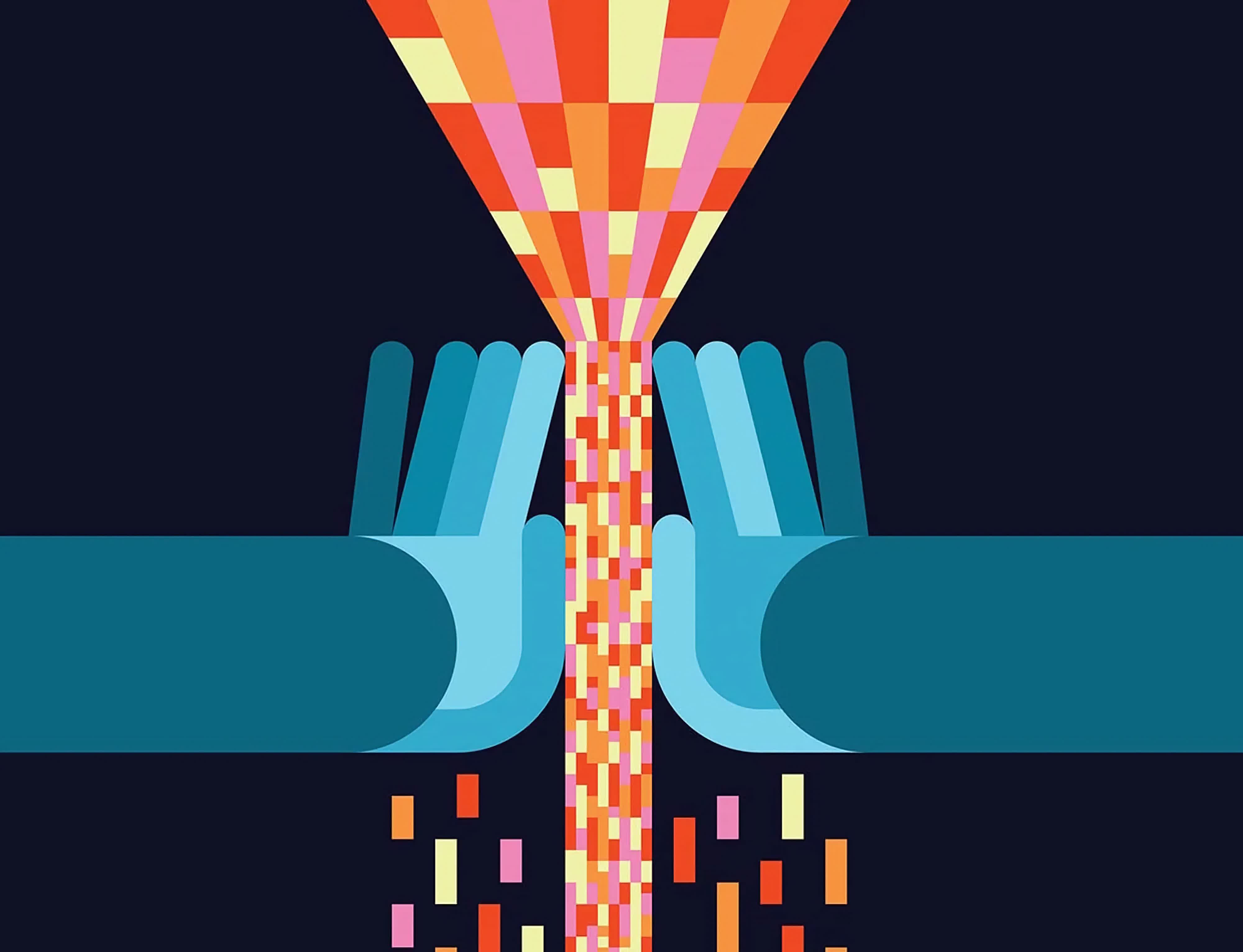Forward-looking: It's no secret that generative AI demands staggering computational power and memory bandwidth, making it a costly endeavor that only the wealthiest players can afford to compete in. However, Swedish startup called ZeroPoint is looking to mitigate this issue by employing a novel hyper-fast data compression technique.
Founded in 2020 as a spin-off from Chalmers University of Technology, ZeroPoint is betting big that its ultra-fast, hardware-accelerated compression algorithms can unlock significant cost savings and performance gains for data center operators.
The company backs its claims with hard numbers, stating that it can boost memory capacity by two to four times while delivering up to 50 percent better performance per watt. With these advantages, ZeroPoint estimates a reduction in server costs of up to 25 percent for large enterprises and hyperscale cloud providers. This represents a potential multi-billion dollar opportunity, which is why the startup has secured €5 million in Series A funding to ramp up sales.
ZeroPoint combines multiple techniques including data compression, real-time compaction, and optimized memory management. Together, the company claims, these methods eliminate 70 percent of unnecessary data in microchip memory.

The core compression engine is also reportedly lightning fast – around 1,000 times quicker than traditional software-based approaches. All of this is offered as intellectual property that can be integrated as a hardware block into CPUs or other system-on-chip designs.
ZeroPoint has so far secured 38 patents covering various techniques to maximize compression ratios while minimizing latency overheads. If widely adopted, the technology could dampen demand for expensive GPUs and accelerators used for AI training, which certainly won't please companies that provide such hardware.
In terms of profits, the company is adopting an industry-standard IP licensing approach, aiming to make its compression cores and software drivers an integrated part of future chip designs across the sector. The primary income would come from royalty fees, which will be charged two to three years after tape-out and manufacturing, following first contact with the customer.
Currently, ZeroPoint is in the pre-revenue stage, but it hopes to become a major player in the memory market, with sales projections reaching $110 million by 2029.
